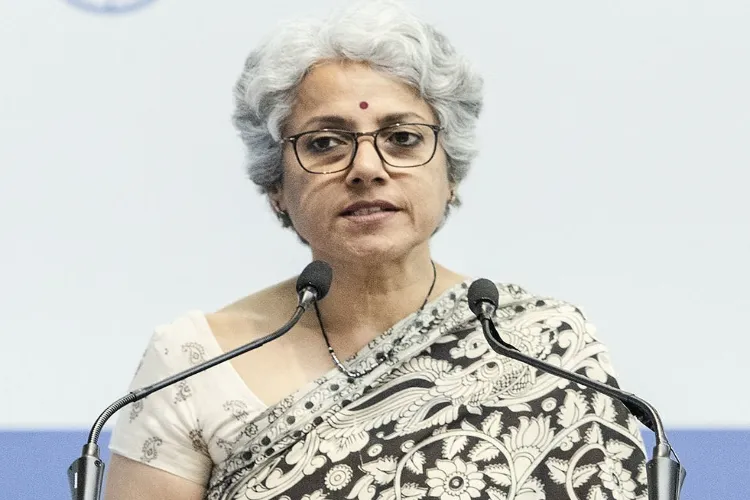Geneva
It is too early to call the latest Omicron sub-variant BA.2.75, first reported from India last month, more severe, according to Soumya Swaminathan, chief scientist at the World Health Organization (WHO).
Besides India, BA.2.75 has also been reported from 10 other countries, Swaminathan said in a Twitter post, adding that and "the WHO is tracking it".
"There ist still limited sequencing available to analyse but this subvariant seems to have a few mutations on the receptor binding domain of the spike protein. That is the key part of the virus that attaches itself to the human receptor. So we have to watch that. It is still too early to know that this sub-variant has properties of immune evasion or is being more clinically severe"
She added that the WHO's Technical Advisory Group on SARS-CoV-2 Virus Evolution (TAG-VE) committee is constantly looking at data from around the world.
Meanwhile, WHO Director-General Tedros Adhanom Ghebreyesus on Wednesday said that the global health agency is tracking the new sub-variant. "In countries like India, a new sub lineage of BA.2.75 has also been detected which we are following," he said.
In a series of tweets on Sunday, Shay Fleishon from Israel based Central Virology Laboratory in Sheba Medical Centre said that BA.2.75 has been detected in about 10 states in India.
This included 69 from India: Delhi (1), Haryana (6), Himachal Pradesh (3), Jammu (1), Karnataka (10), Madhya Pradesh (5), Maharashtra (27), Telangana (2), Uttar Pradesh (1), and West Bengal (13).
Besides India, the strain has also been reported by seven other countries: Japan (1), Germany (2), the UK (6), Canada (2), the US (2), Australia (1), and New Zealand (2), according to Nextstrain, an open-source platform of genomic data.
While he said it is "too soon to tell" whether BA.2.75 will be the next dominant variant, the Israeli expert noted that the sub-variant may be "alarming because it may imply a trend to come".
The sub-variant is worth "keeping a close eye" on, Thomas Peacock, a scientist at Imperial College London, said.
The BA.2.75 was also flagged by Bloom Lab at the Fred Hutch research institute in the US. In a tweet, posted this week, the institute said the sub-variant "is worth tracking, as it has appreciable antigenic change relative to its parent BA.2".

